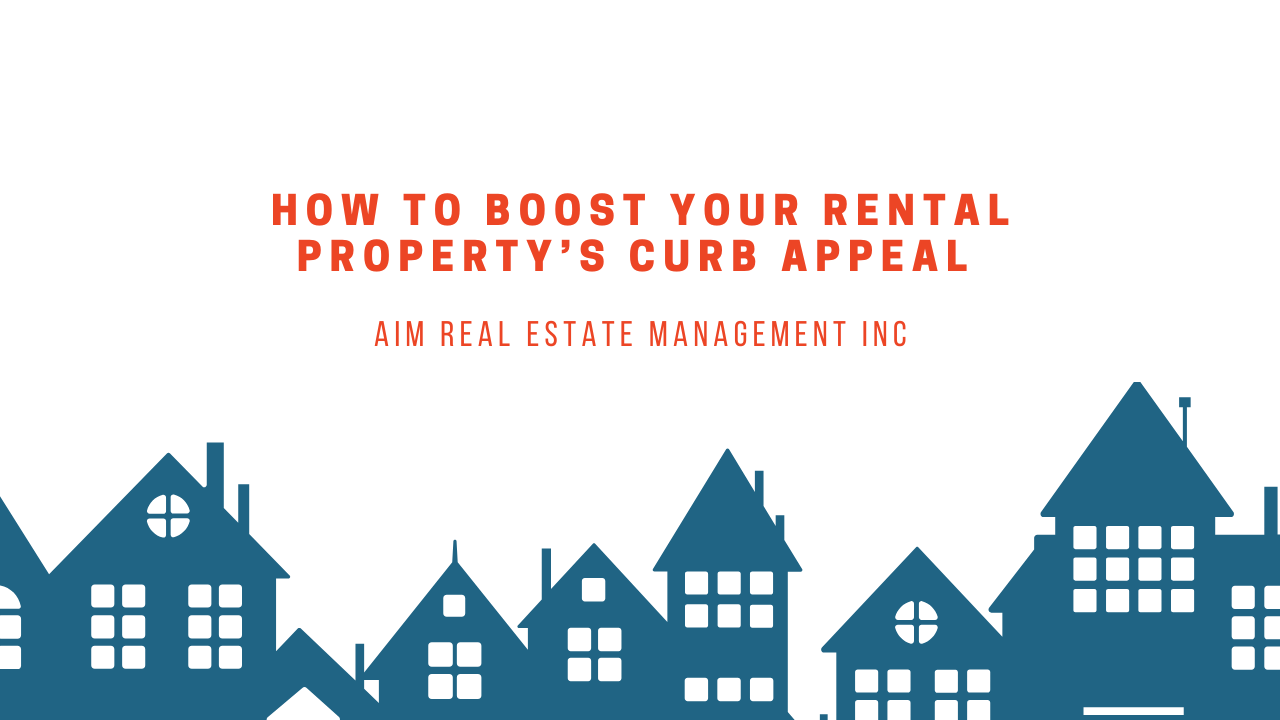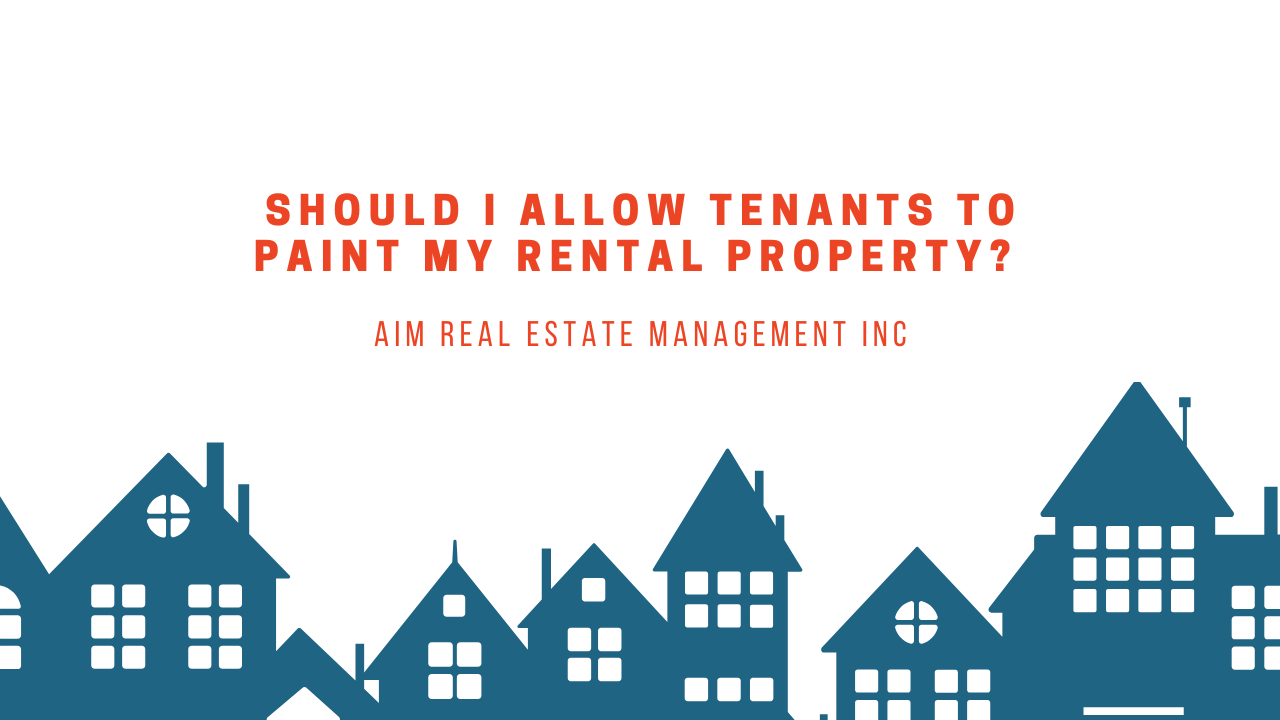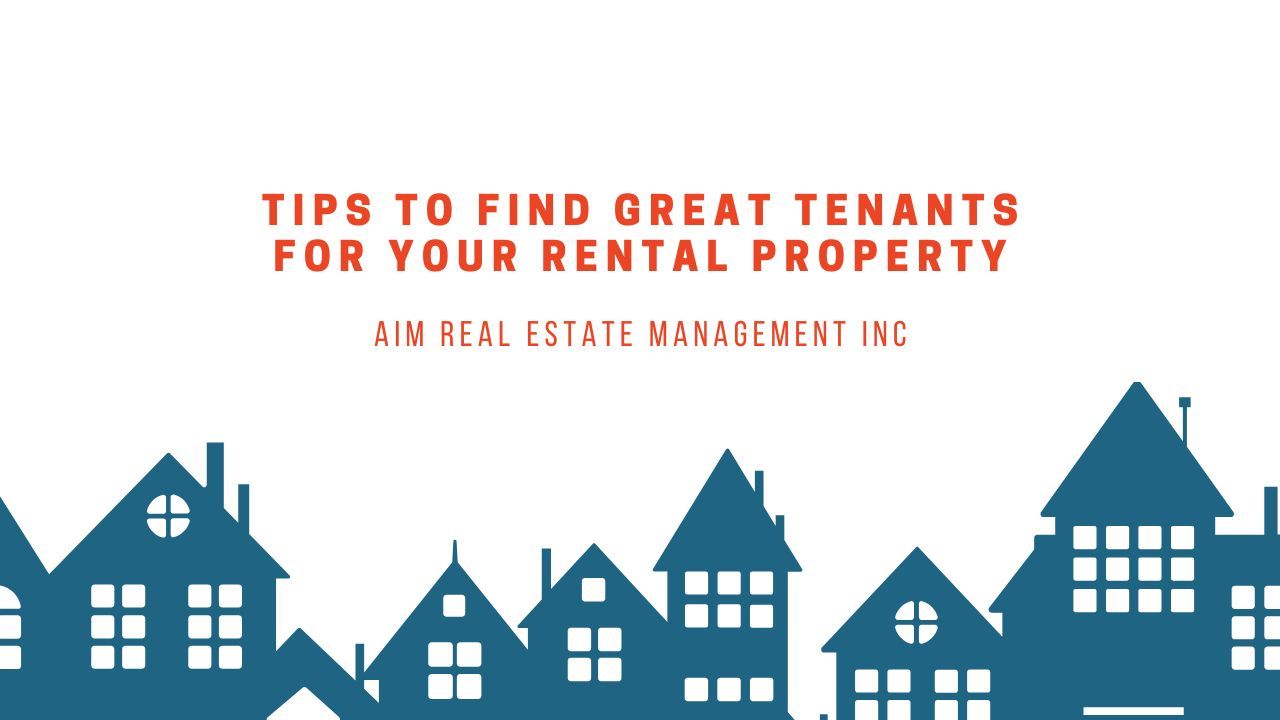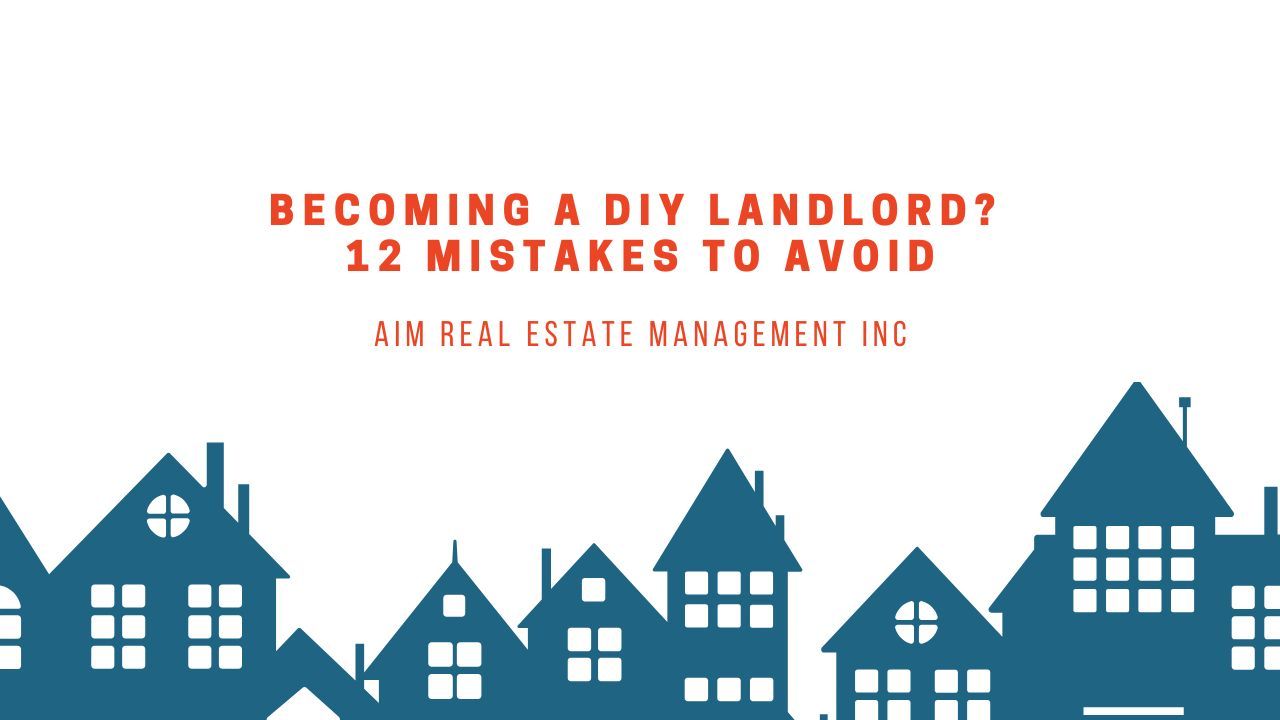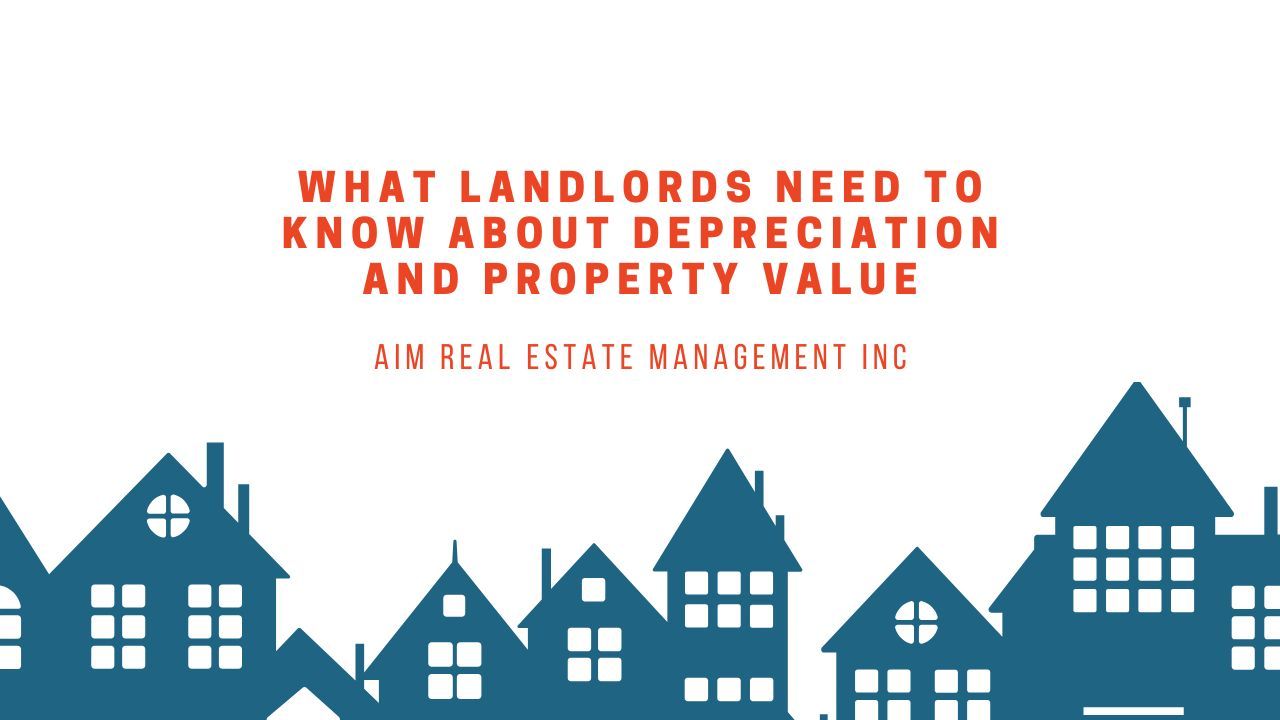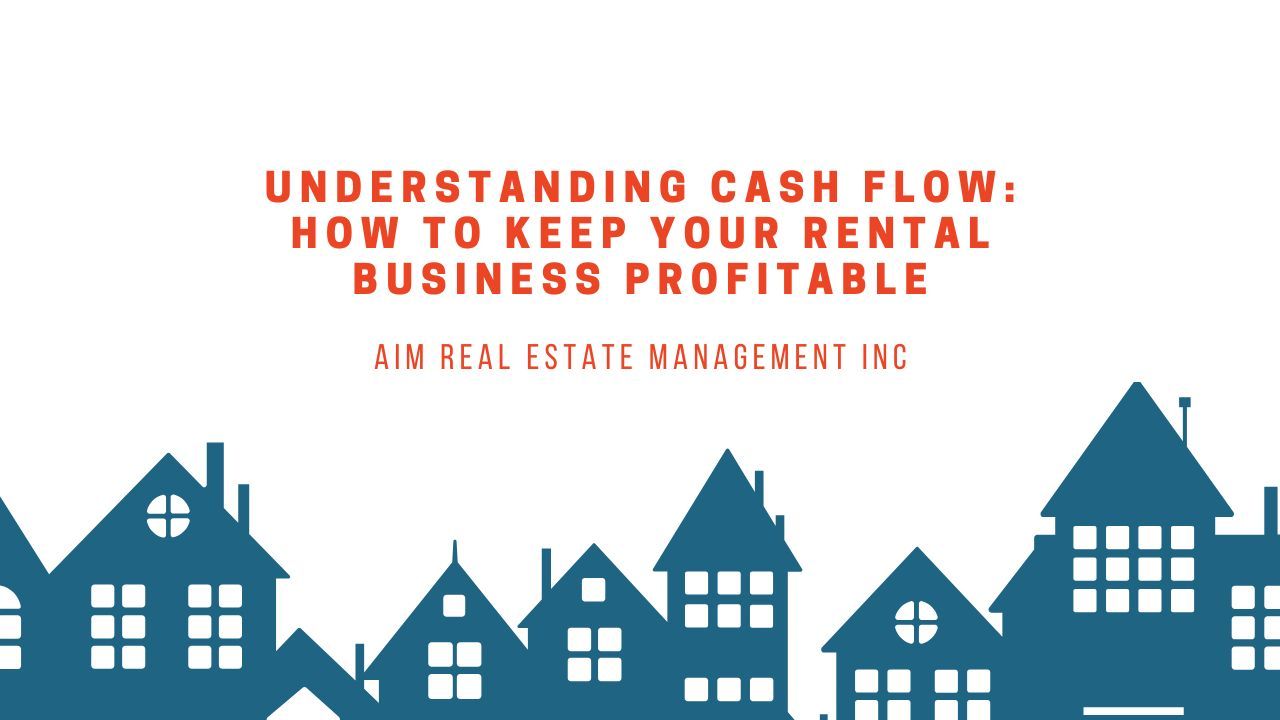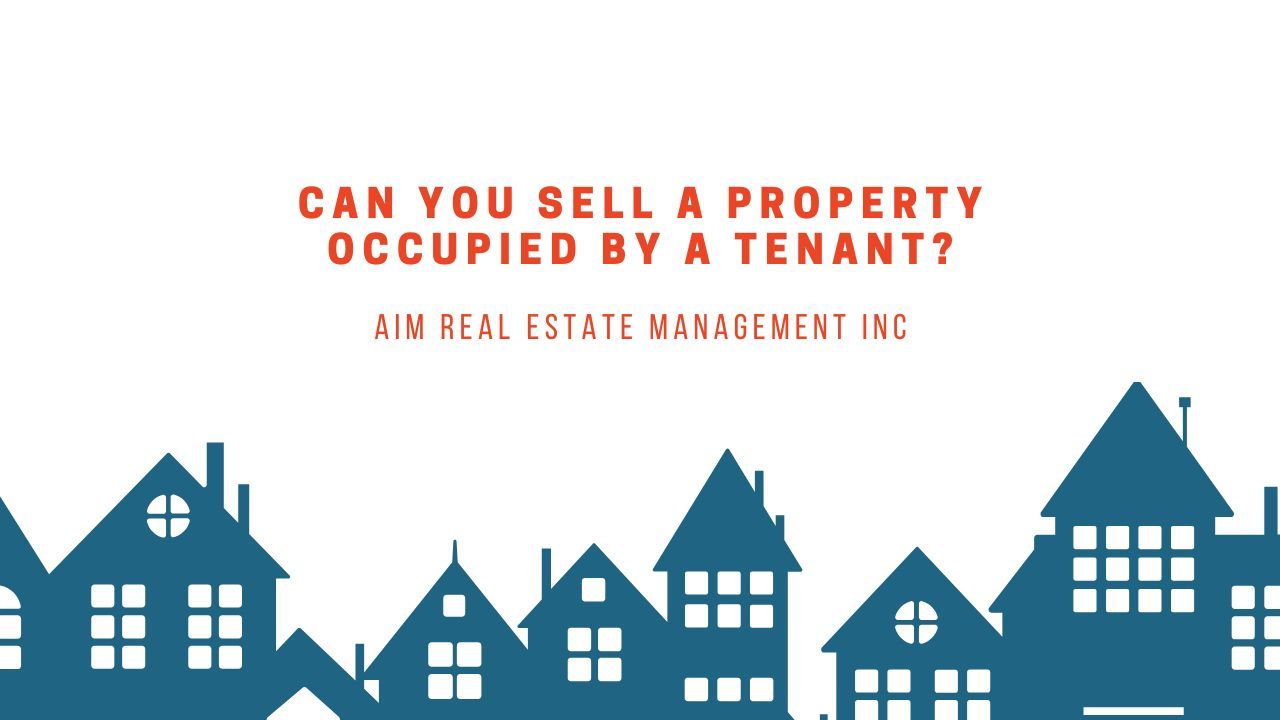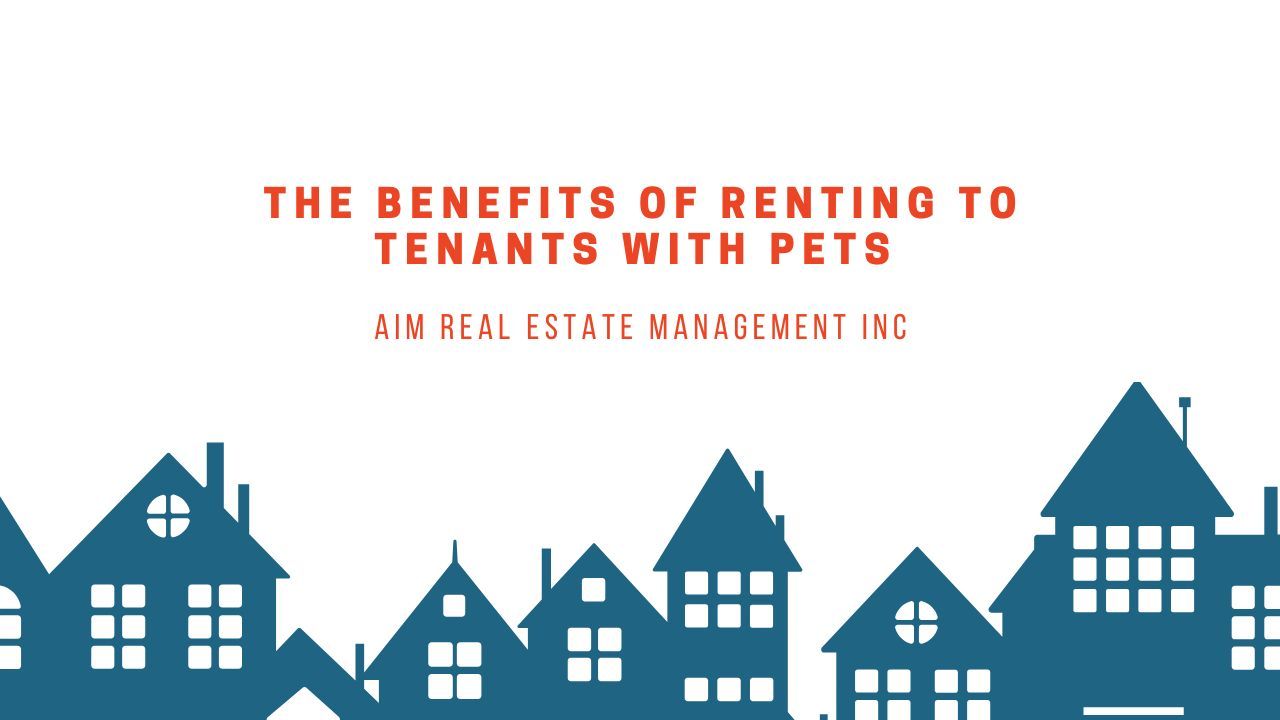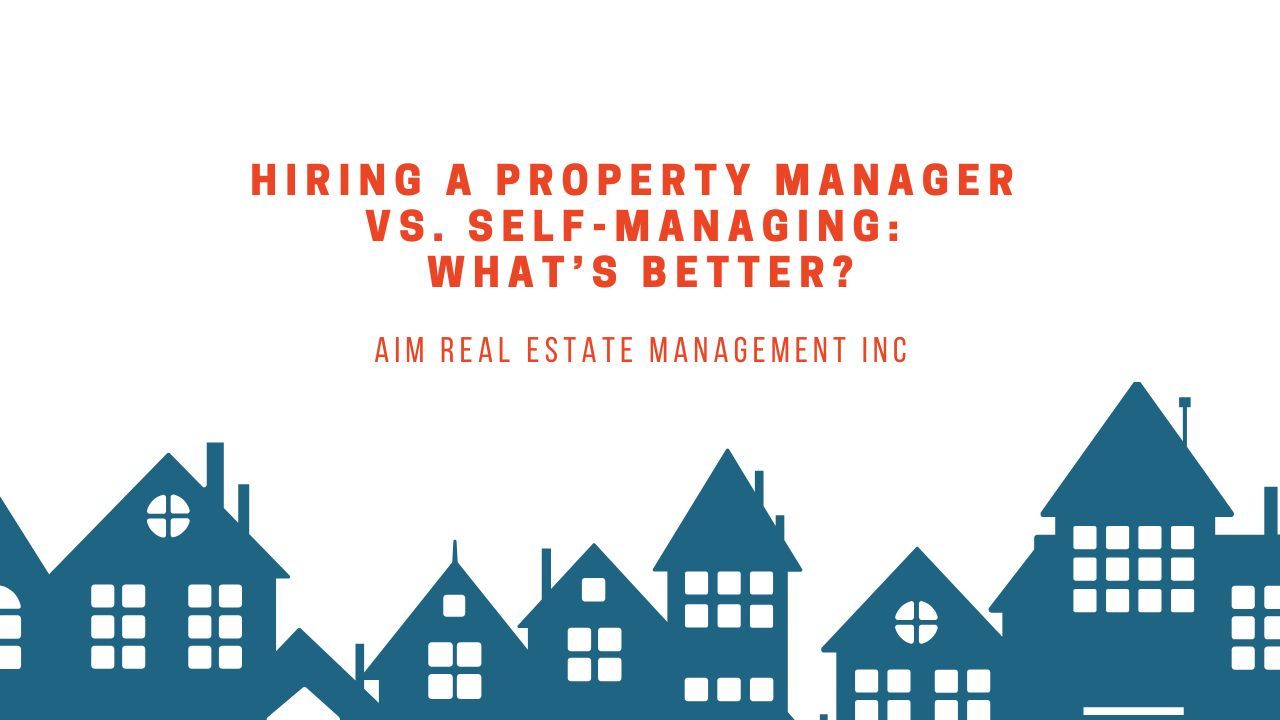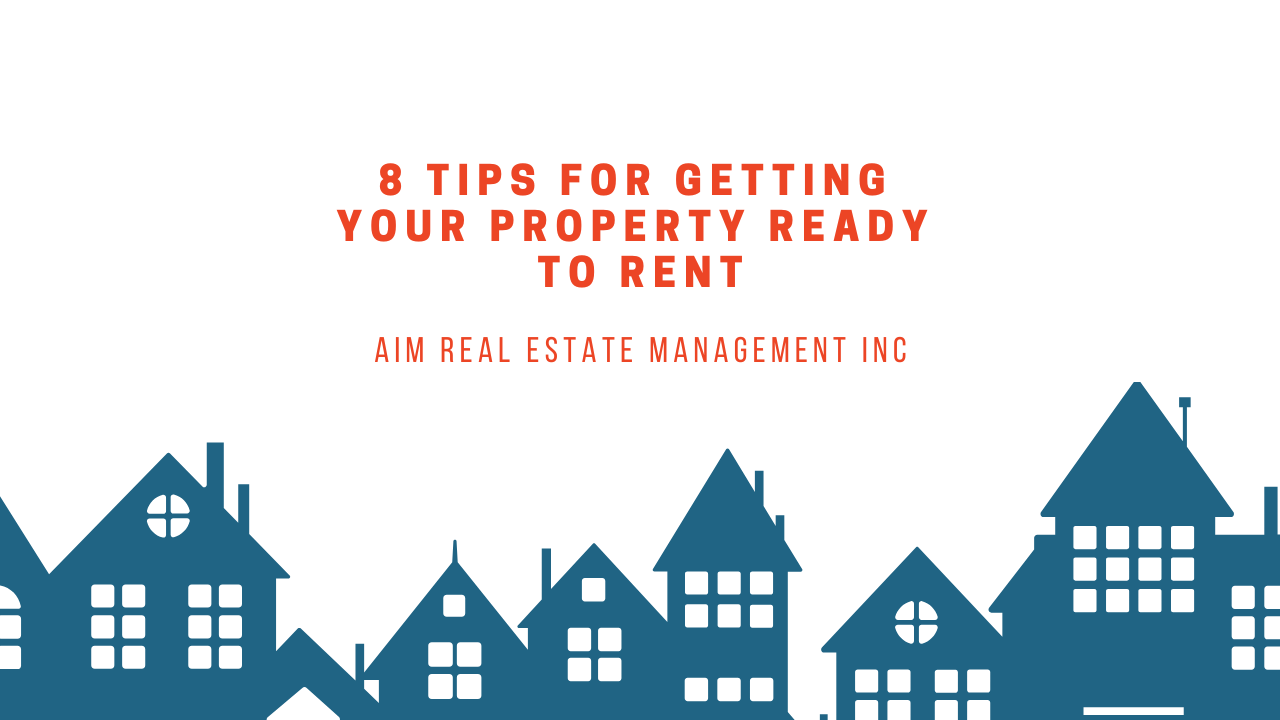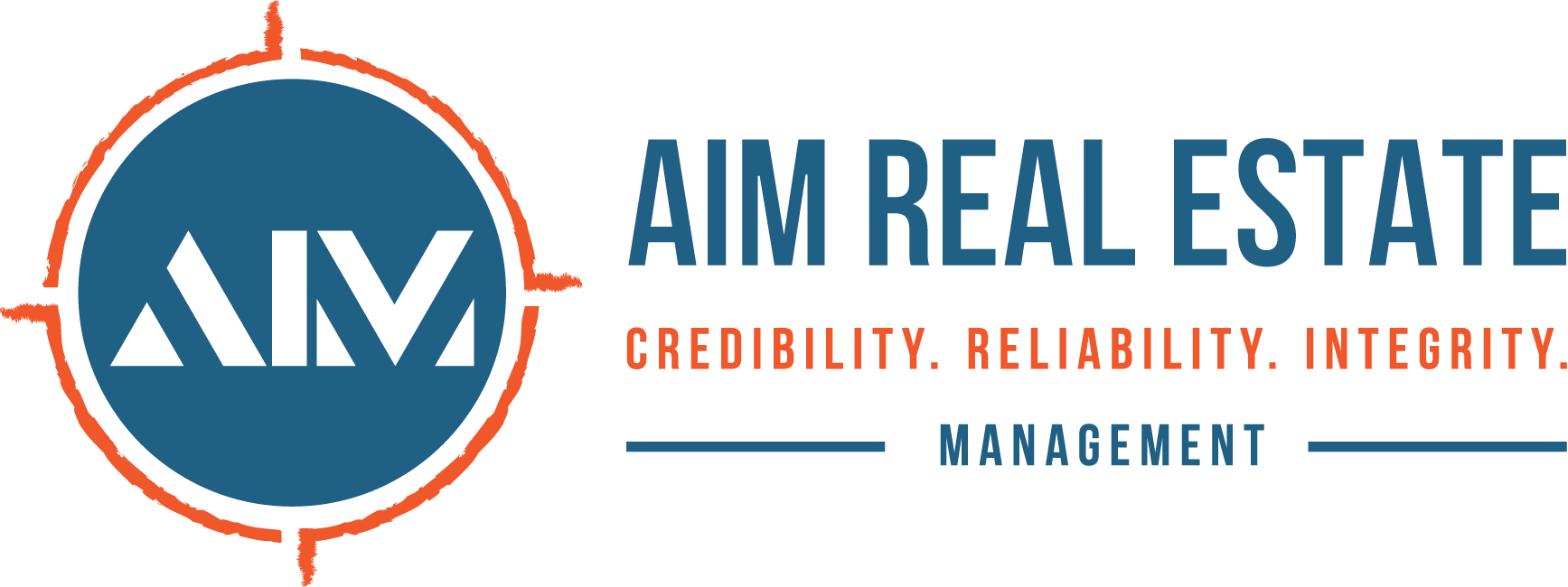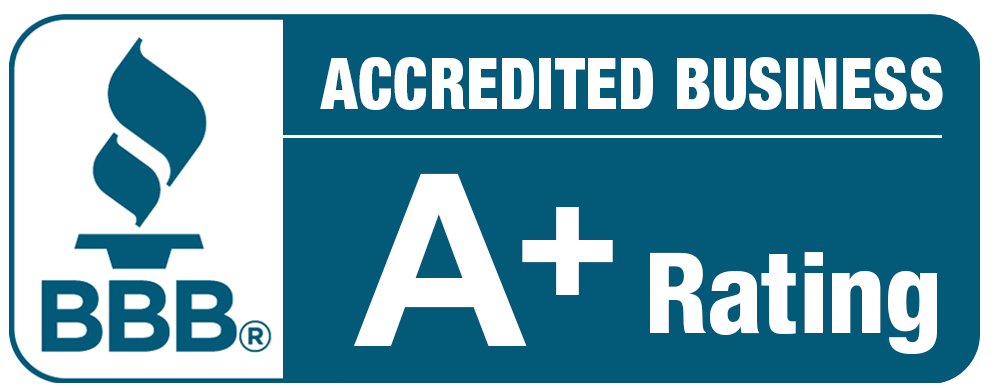Essential Terms All Real Estate Investors Should Know
Are you a landlord looking to grow your investment portfolio or maximize your rental property returns? Understanding key real estate terms can make a big difference in your success.
Whether you're a seasoned investor or just starting out, knowing the right terminology helps you make informed decisions, negotiate better deals, and avoid costly mistakes.
In this guide, we’ll break down the must-know terms every landlord should have in their toolkit.
Important Real Estate Terms
Here’s a handy list of essential real estate tips and terms that every landlord and investor should be familiar with to make informed decisions and grow their investments:
1% Rule
The 1% rule helps investors quickly assess if a rental property is a good deal. For example, if a property costs $200,000, the monthly rent should be at least $2,000.
This helps ensure that the rent covers expenses like mortgage payments and maintenance, making it a viable investment.
1031 Exchange
A 1031 Exchange allows real estate investors to avoid paying capital gains taxes when selling a property and buying another similar one.
By reinvesting the money from a sale into a new property, investors can defer taxes, which helps them continue growing their property portfolio without immediate tax penalties.
Absorption Rate
Absorption rate measures how fast homes sell in a particular market. It’s a key indicator for buyers and sellers.
If the rate is high, it’s a seller’s market, meaning homes sell quickly. A low rate suggests a buyer’s market, where homes take longer to sell, often leading to better deals.

Accessory Dwelling Unit (ADU)
An ADU is an additional living space on the same property as the main house. It could be a small apartment over a garage or a separate guest house.
ADUs are popular because they provide extra income through rent or can be used for family members who need a private living space.
Accredited Investor
An accredited investor is someone who meets specific financial criteria, such as having a high income or net worth.
This status allows them to invest in opportunities not available to the general public, such as certain hedge funds, private equity deals, or startups, giving them access to potentially higher returns.
Adjustable Rate Mortgage (ARM)
An ARM is a loan where the interest rate can change over time. Initially, the rate might be low, but it can go up or down based on market conditions.
This means your monthly payments may increase or decrease, making it riskier than a fixed-rate mortgage where payments remain steady.
Airbnb Arbitrage
Airbnb arbitrage is a strategy where you rent a property for the long-term and then sublet it for short-term stays on Airbnb.
You make a profit by charging a higher price for the short-term rental than what you pay in rent. This lets you earn income without owning the property.
Amortisation
Amortisation is the process of paying off a loan through regular payments over time. Each payment is split between paying off the loan’s principal (the amount you borrowed) and the interest.

At the start, most of the payment goes to interest, but over time, more goes toward the principal.
Closing Costs
Closing costs are the fees you pay when finalising a real estate deal. They are paid in addition to the property’s price and can include things like loan fees, appraisal fees, taxes, and title insurance. Buyers and sellers typically split these costs, but the amounts can vary.
Cap Rate (Capitalization Rate)
The cap rate is a way to measure the potential return on an investment property. It’s calculated by dividing the property’s net income (after expenses) by its purchase price. A higher cap rate means a better return on investment, helping investors compare properties more easily.
Cash Flow
Cash flow is the money you have left after paying all property expenses, like mortgage payments, taxes, and maintenance.
If you have positive cash flow, it means the property earns more than it costs. This is a key measure of a property’s profitability for real estate investors.
Depreciation
Depreciation allows property owners to reduce their taxable income by accounting for wear and tear on a property over time.
For rental properties, this is usually spread over 27.5 years. Even though the property may increase in value, depreciation helps lower your tax bill each year.
Equity
Equity is the difference between what your property is worth and what you still owe on it. For example, if your property is worth $300,000 and you owe $200,000 on your mortgage, you have $100,000 in equity. As you pay off the loan, your equity increases.

Fix and Flip
“Fix and flip” refers to buying a property in need of repairs, upgrading and maintaining it, and then selling it to make a profit. Investors look for properties they can buy cheaply, renovate quickly, and resell at a higher price.
Leverage
Leverage in real estate means using borrowed money, like a mortgage, to buy a property. By borrowing, investors can buy more expensive properties or multiple properties with less of their own money. While it increases potential profits, it also adds risk if property values drop.
ROI (Return on Investment)
ROI measures how much profit you make on an investment compared to how much you spent. It’s calculated by dividing your net profit by your total investment.
A high ROI means you’re making good returns. Investors use ROI to compare different properties or investment opportunities.
Underwriting
Underwriting is the process where a lender evaluates your financial situation to decide if they should give you a loan.
They look at things like your credit score, income, and the property’s value. The underwriting process helps the lender determine the loan’s terms and interest rates.
Vacancy Rate
The vacancy rate is the percentage of time a rental property is empty and not earning income. A low vacancy rate means the property is rented out most of the time to long-term tenants, which is good for landlords. High vacancy rates suggest less demand for rental units in the area.
Zoning
Zoning laws regulate how land can be used in different areas. They decide if land can be used for homes, businesses, factories, or farms. Zoning affects property values and what you can do with the land.
Bottom Line
Mastering these essential real estate terms can significantly boost your confidence and success as a landlord.
Managing rental properties can still be overwhelming. That’s where AIM Real Estate Management comes in. Consider partnering with AIM Real Estate Management to make your property management journey smooth and stress-free!
